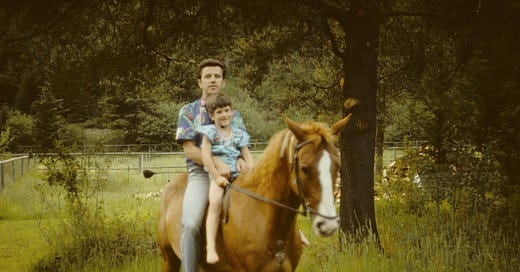You can also find this episode on Spotify, or wherever you listen to your podcasts.
EPISODE TRANSCRIPT:
ELISE:
Hi friends. Happy end of 2024. It's wild. I just turned 45 in the last month or so and I'm having those feelings of how did I get to be an adult. I don't understand how this happened. I'm sure many of you can relate, but I still think of myself as…
Keep reading with a 7-day free trial
Subscribe to Pulling the Thread with Elise Loehnen to keep reading this post and get 7 days of free access to the full post archives.




